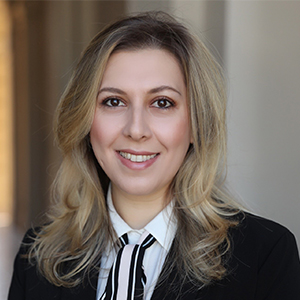Resilience for Healthcare Professionals
Learning Objectives
At the end of this course, participants will learn to:
- The ways to build resilience for healthcare professionals
- Four large domains that can help build resilience:
-
- Reflective Narrative
- Emotional Regulation
- Communication and Boundaries
- Recognizing mood distress, trauma reactions, and self-care/personal toolbox
Intended Audience:
This online course is designed for pediatricians, family physicians, nurses, mental health professionals, and social workers.
Abstract:
Healthcare professionals encounter many challenges in their work environment, whether that involves unanticipated adverse events, medical errors, or patient-related injuries. Learning how to build and maintain resilience is an important part of reducing burnout and preventing additional adverse events. In this lecture, learn how to define resilience and develop literature-supported strategies for how to bounce back into equilibrium. This condensed lecture is based on work by Dr. Brenda Bursch at UCLA. This was part of a larger resilience program that takes place at UCLA for healthcare professionals.
Assessment and Earning CME Credit:
This course in English is not CME-accredited. However, it provides valuable educational content that can enhance your knowledge and skills in the subject matter.

Valentina Ogaryan, Ph.D.
As a clinical psychologist, Dr. Ogaryan's role includes providing patients and their families who have been impacted by cancer with different types of psychosocial support. She provides direct patient care in UCLA oncology clinics and at the Simms/Mann Center. Dr. Ogaryan connect patients and their loved one to resources and referrals and advocate to help patients receive the support they need during treatment and survivorship. Additional responsibilities include feeling fortunate to help teach and supervise graduate level psychology and social work students.

